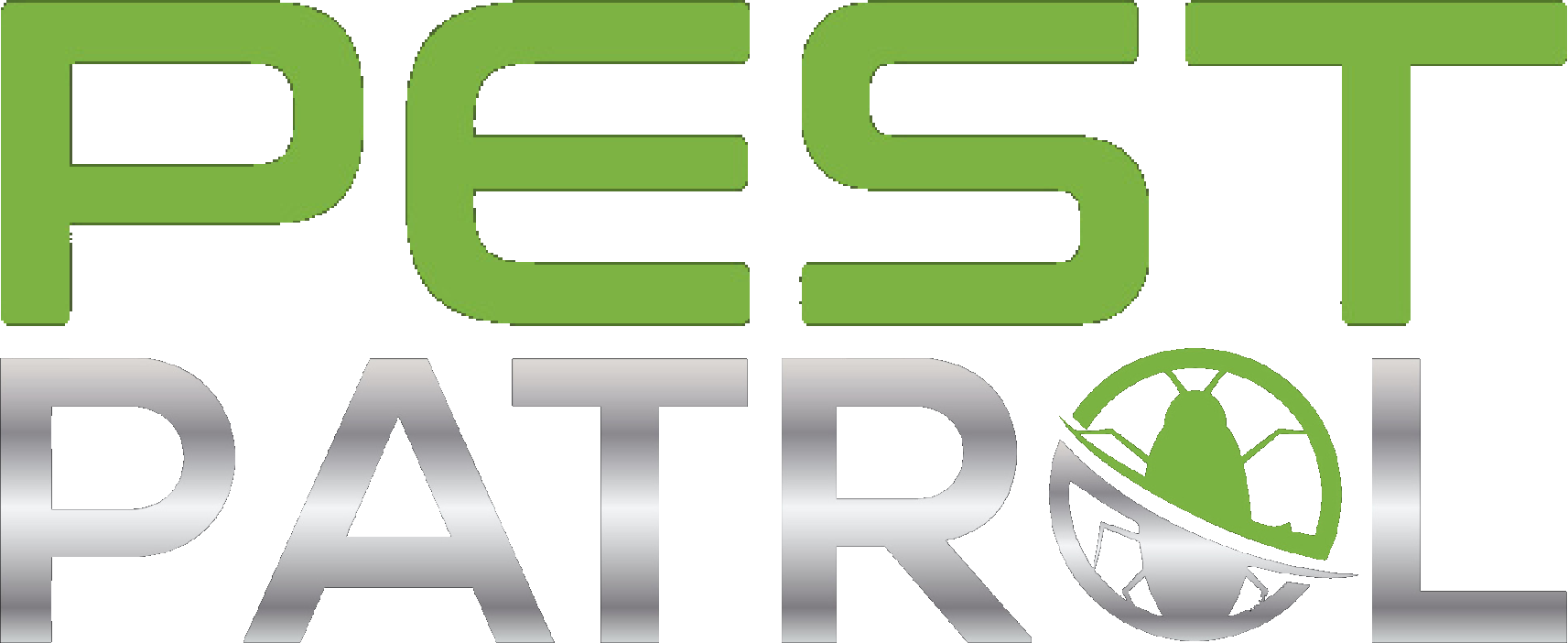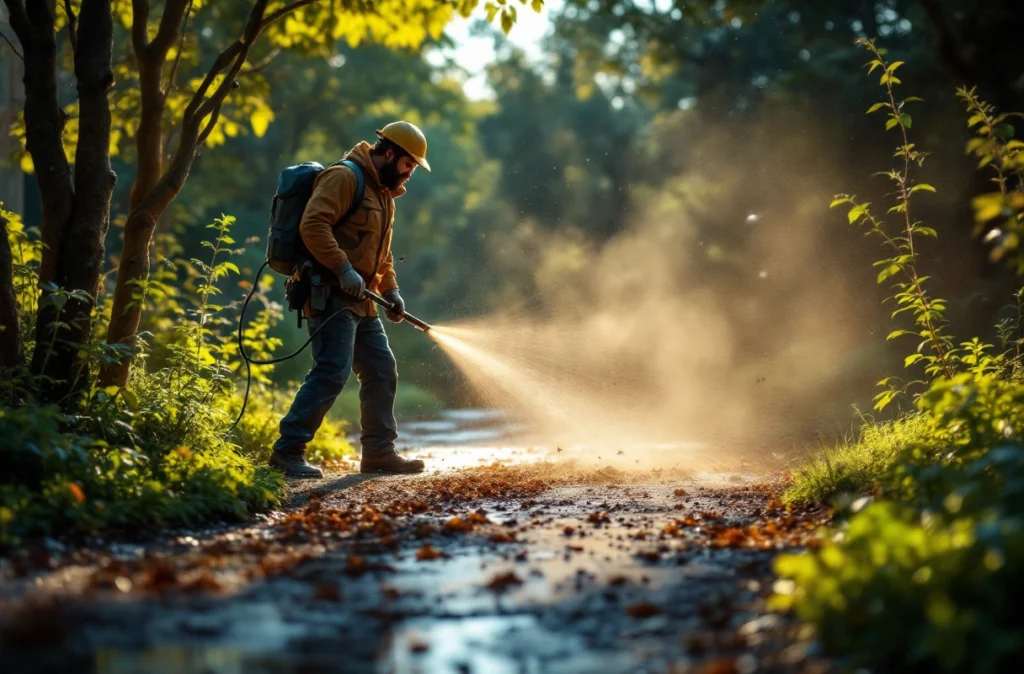In 2025, the importance of effective residential pest control services cannot be overstated. As homeowners increasingly prioritize comfort and safety, the demand for professional pest management has surged. Pests not only pose health risks but can also damage property and disrupt daily life. This comprehensive guide delves into the current landscape of residential pest control services, highlighting innovative strategies, common misconceptions, and actionable insights for homeowners. Whether you’re dealing with ants in the kitchen, rodents in the attic, or termites in the walls, understanding your options is crucial for maintaining a pest-free home.
Understanding Residential Pest Control Services
Residential pest control services encompass a variety of techniques and strategies designed to manage and eliminate pest infestations. These services are typically provided by licensed professionals who are trained to identify, treat, and prevent pest-related issues. The goal is to create a safe living environment by employing methods that are effective yet environmentally friendly. In 2025, homeowners can expect a blend of traditional practices and advanced technologies that enhance pest control efficacy.
The Importance of Professional Pest Control
The significance of professional pest control services lies in their ability to provide tailored solutions that address specific pest problems. Here are some key reasons why homeowners should consider enlisting professional help:
-
Expertise: Pest control professionals possess in-depth knowledge about various pests, their behaviors, and the most effective treatment methods.
-
Safety: Many pest control products can be hazardous if misused. Professionals are trained to apply these substances safely, minimizing risks to humans and pets.
-
Long-term Solutions: Rather than just addressing the symptoms, professional services aim to eliminate the root causes of infestations, ensuring long-lasting results.
Common Misconceptions About Pest Control
Despite the clear benefits of residential pest control services, several misconceptions persist. Understanding these can help homeowners make informed decisions:
-
DIY Solutions Are Always Effective: Many believe that store-bought pest control products are sufficient for managing infestations. However, these solutions often fail to address the underlying issues and may only provide temporary relief.
-
Pests Only Invade Dirty Homes: While cleanliness can reduce the likelihood of infestations, pests can invade any home, regardless of its cleanliness. Factors such as location and construction quality play significant roles.
-
Pest Control is Only Necessary in the Spring and Summer: Pests can be a problem year-round. For example, rodents often seek shelter indoors during colder months, making pest control a continuous concern.
Types of Residential Pest Control Services

Homeowners have access to various types of residential pest control services tailored to specific needs. Understanding these options can help you choose the best approach for your situation.
1. Integrated Pest Management (IPM)
Integrated Pest Management (IPM) is a holistic approach that combines multiple strategies to manage pests effectively. This method emphasizes prevention and uses a combination of biological, cultural, and chemical practices. Key components of IPM include:
-
Monitoring: Regular inspections help identify pest activity and potential entry points.
-
Prevention: Making modifications to the environment, such as sealing cracks and reducing clutter, can deter pests.
-
Control: If pests are detected, targeted treatments are applied based on the type of infestation.
2. Extermination Services
Extermination services focus on eliminating existing pest populations. Professionals employ various methods, including:
-
Chemical Treatments: Pesticides are used to kill pests effectively. Professionals select the appropriate products based on the pest type and location.
-
Traps: Mechanical traps can be used for rodents and certain insects, providing a non-chemical option for pest removal.
-
Heat Treatments: This method involves raising the temperature in an infested area to a level that is lethal to pests, particularly effective for bedbugs.
3. Preventative Services
Preventative services are designed to stop pests before they become a problem. These services often include:
-
Regular Inspections: Scheduled visits by pest control professionals to monitor for signs of pest activity.
-
Barrier Treatments: Application of pest control products around the perimeter of the home to create a protective barrier.
-
Education: Homeowners receive guidance on best practices for pest prevention, such as proper food storage and landscaping techniques.
Choosing the Right Pest Control Service
Selecting the right residential pest control service is crucial for effective pest management. Here are several factors to consider:
1. Credentials and Experience
Ensure that the pest control company is licensed and insured. Experienced professionals are more likely to provide effective and safe treatments. Look for companies that have been in business for several years and have positive reviews from previous clients.
2. Range of Services Offered
Different pest control companies specialize in various types of infestations. Choose a service that can address your specific needs, whether it’s for common household pests like ants and roaches or more specialized services for termites and rodents.
3. Eco-Friendly Practices
In an age where environmental concerns are paramount, consider companies that use eco-friendly pest control methods. Many modern pest control services incorporate green practices, utilizing non-toxic products and integrated pest management strategies that minimize harm to the environment.
4. Customer Service
Quality customer service is essential in the pest control industry. Opt for companies that offer clear communication, transparent pricing, and follow-up services to ensure customer satisfaction.
Innovative Technologies in Pest Control
The pest control industry has seen significant advancements in technology, improving the effectiveness and efficiency of services. Here are some innovative technologies that are shaping residential pest control in 2025:
1. Smart Traps and Sensors
Smart traps equipped with sensors can detect pest activity in real-time and send alerts to homeowners and pest control professionals. This technology allows for quick responses to infestations and reduces the need for frequent inspections.
2. Drones for Inspection
Drones are increasingly used for inspecting hard-to-reach areas, such as roofs and attics. They provide a detailed view of potential pest entry points and can help identify infestations without the need for extensive manual inspections.
3. Biopesticides
Biopesticides derived from natural materials are gaining popularity as safer alternatives to traditional pesticides. These products target specific pests while minimizing harm to beneficial insects and the environment.
Common Mistakes to Avoid in Pest Control
When dealing with pest issues, homeowners often make mistakes that can exacerbate the problem. Here are common pitfalls to avoid:
1. Ignoring Early Signs of Infestation
Many homeowners wait too long to address pest issues, hoping they will resolve themselves. Early intervention is crucial to prevent small infestations from becoming larger, more expensive problems.
2. Misusing Pest Control Products
Improper application of pest control products can lead to ineffective results and potential health hazards. Always follow the manufacturer’s instructions and consider hiring a professional for complex treatments.
3. Neglecting Preventative Measures
Once pests are eradicated, some homeowners neglect to implement preventative measures. Regular maintenance and proactive strategies are essential to ensure pests do not return.
Elevate Your Residential Pest Control Services with Pest Patrol
As you navigate the complexities of residential pest control services in 2025, it is essential to stay informed about the latest strategies and technologies. Pest Patrol is dedicated to providing innovative and effective solutions that cater to the unique needs of homeowners. If you’re ready to apply what you’ve learned about pest management strategies, visit our website or contact us today for more information. Together, we can ensure your home remains a safe and comfortable haven.


